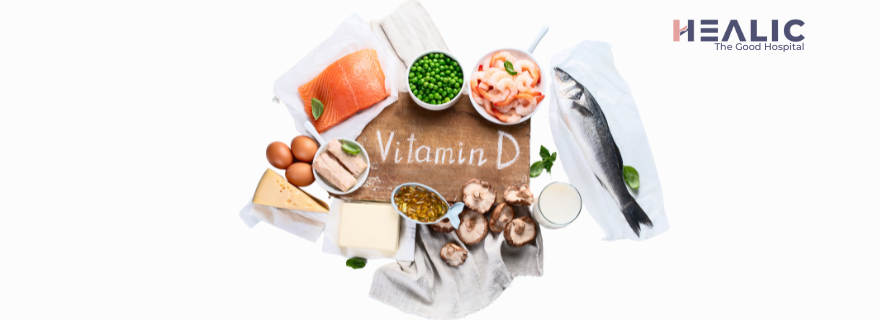The gallbladder, a small organ nestled beneath the liver, plays a crucial role in the digestive process by storing and releasing bile to aid in the digestion of fats. However, this seemingly unassuming organ can wreak havoc when gallstones form, causing intense pain and discomfort. In this blog, we delve beyond the ache and explore effective ways to manage and prevent gallbladder stones.
Understanding Gallbladder Stones
Gallstones are solid particles that form in the gallbladder when the balance of substances that make up bile—cholesterol, bilirubin, and calcium—becomes disrupted. These stones can range in size from a grain of sand to a golf ball and may cause severe pain when they block the normal flow of bile.
Managing Gallbladder Stones
- Pain Management: Dealing with gallstone pain can be challenging, but several strategies can provide relief. Over-the-counter pain medications, such as ibuprofen, may help alleviate discomfort. However, it is crucial to consult with a healthcare professional to determine the most suitable pain management plan for individual cases.
- Dietary Modifications: Adopting a gallstone-friendly diet can play a significant role in managing symptoms. Reduce your intake of saturated fats and cholesterol-rich foods, as these can contribute to stone formation. Instead, focus on a diet rich in fiber, fruits, vegetables, and whole grains. Adequate hydration is also crucial for maintaining bile fluidity.
- Weight Management: Obesity is a known risk factor for gallstones. Losing weight gradually through a combination of a healthy diet and regular exercise can reduce the risk of stone formation. Rapid weight loss, on the other hand, may increase the likelihood of gallstones, so it’s essential to approach weight management with a balanced and sustainable strategy.
Preventing Gallbladder Stones
- Maintaining a Healthy Diet: The adage “you are what you eat” holds true in preventing gallstones. A diet low in saturated fats and cholesterol, combined with high fiber intake, helps maintain a healthy balance of bile components. Incorporate foods like nuts, seeds, and fatty fish rich in omega-3 fatty acids to promote overall gallbladder health.
- Regular Physical Activity: Engaging in regular exercise not only supports weight management but also helps maintain optimal gallbladder function. Physical activity stimulates the digestive system, promoting the regular flow of bile and reducing the risk of gallstone formation.
- Moderating Rapid Weight Loss: While shedding excess weight is beneficial, it’s crucial to do so gradually. Rapid weight loss can lead to an increased concentration of cholesterol in the bile, fostering the development of gallstones. Aim for a sustainable weight loss plan that combines a balanced diet and exercise.
- Lemon Water and Apple Cider Vinegar: Some individuals find relief from gallstone symptoms by incorporating lemon water or apple cider vinegar into their daily routine. These substances may help break down gallstones and prevent their formation. However, it’s essential to consult with a healthcare professional before trying home remedies.
Conclusion
Beyond the agonizing pain associated with gallbladder stones, there exists a realm of proactive measures for both management and prevention. By making informed dietary choices, maintaining a healthy weight, engaging in regular physical activity, and considering natural remedies, individuals can take charge of their gallbladder health. Remember, always consult with a healthcare professional for personalized advice tailored to your specific needs and circumstances. With a mindful approach, you can go beyond the ache and foster a gallbladder-friendly lifestyle.






